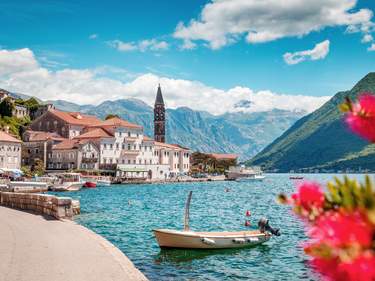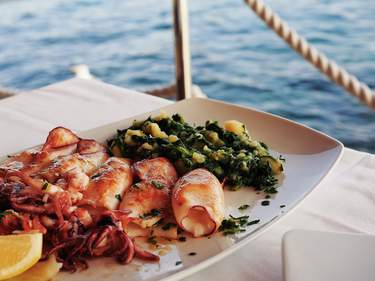5. Experience Dubrovnik’s summer festival
This annual cultural shindig brings top-class drama and music to the Old Town’s courtyards and fortresses. Croatian culture heads for the coast in summer. Almost every Adriatic town organizes a cultural programme, usually featuring outdoor concerts of pop, classical music or folk.
Most important of the heavyweight events is the Dubrovnik Summer Festival, six weeks of classical music and drama beginning in early July, much of which is performed in the squares and courtyards of the Old Town.
6. Explore Trsteno
These Renaissance gardens, perched on a hillside overlooking the sea, provide an ideal excuse for an out-of-town excursion. Standing on the coastal highway 13km northwest of Dubrovnik, the straggling village of Trsteno is an essential day-trip destination. Visiting it is one of the best things to do in Dubrovnik if you’re interested in things horticultural.
It was here in 1502 that Dubrovnik noble Ivan Gučetić built his summer villa, surrounded by formal gardens extending along a terrace overlooking the sea. Such gardens were considered de rigueur by the aristocracy of sixteenth-century Dubrovnik. Sadly, those of Trsteno are the only ones which can still be enjoyed in something approaching their original form.



















